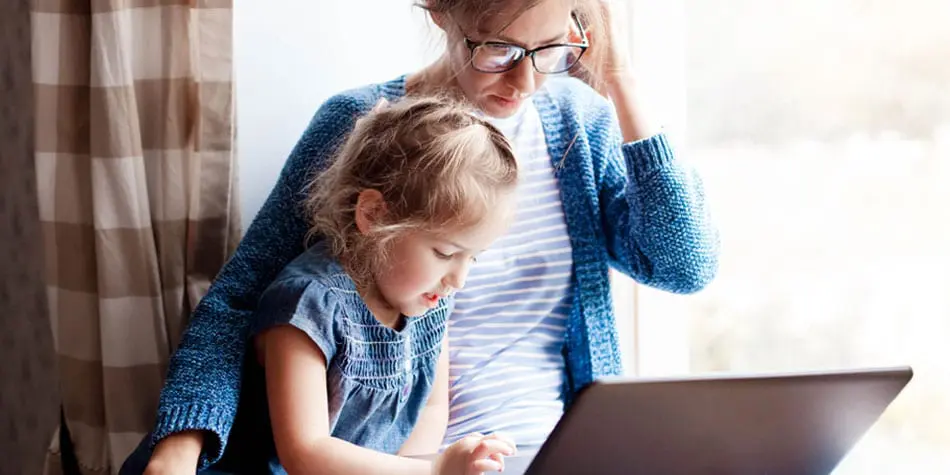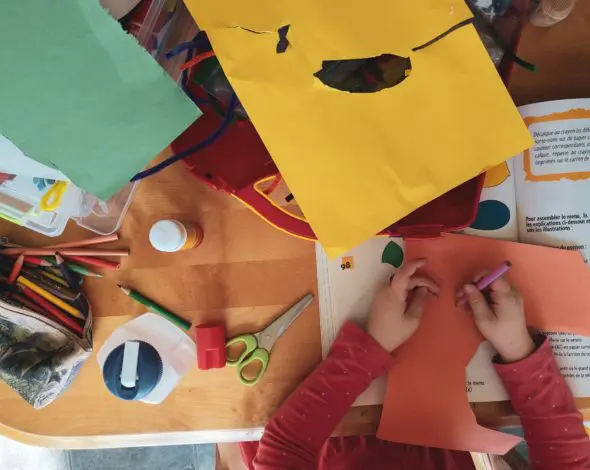The coronavirus has meant that many of us are having to re-adjust to life at home and are trying to find balance within our new routines.
The world around us is also adjusting to life in lockdown, with healthy cook along shows and new indoor fitness routines with celebrities helping us keep in-shape, but what about our minds? Keeping your mind healthy can be difficult and discovering what works for you is now more important than e ver.
We want to talk about how people’s lives have changed since the UK went into lockdown and share the different ways we’ve all been managing to cope and look after our mental wellbeing.
Today, we hear from Amy, a practicing mental health social worker/ Approved Mental Health Professional (AMHP) and the mind behind S12 Solutions, on how the life of her and her family has changed during the first 2 weeks of lockdown, and the steps she’s taking to look after her mental health.
Amy
I live in a Somerset village with my two children, Isabella 7 and Jack 5, we very recently moved house (still unpacking!) and their Dad lives near-by. For the first week of home schooling and working, the weather was good and I was feeling quite excited. This wore off fairly quickly, PE with Joe ended up as just me in front of the TV as the kids had lost interest after day 2! It was hard balancing home schooling with work and after a few days of this routine, I realised this was not a sustainable plan for us.
We made the decision, with my parents, to move in with them. My parents live in the depths of rural Somerset, in an old farm that has a small 2 bedroom holiday cottage. So, only three weeks after moving house, we moved again, with lots of belongings, toys, school books, paint and pens that don’t really fit in a holiday cottage!
I feel enormously grateful to be able to work, my parents usually work full time and are finding not working and having endless amounts of time difficult. Now that school’s closed, the kid’s Dad and I decided that we would tag team between home schooling and working. We have one bedroom in the house, and one in the cottage and we take it in turns based on who’s working in the morning, with my parents having the kids for 4 hours in the afternoon, so we’re both able to work.
I knew when I made the decision to relocate, that there would be ups and downs and that there is no way of knowing how long this will go on for. One benefit has been that I’ve not had to be alone or cut-off from other adult company. But with this, it’s been intense living with my parents again (I haven’t done this since I was 17) and my ex-husband. I’ve been finding it hard having to ask for permission for things from them again, as I’m used to being in my own home! But I recognise that we are so fortunate to be together and to have each other during this time.
I am also grateful for being able to spend time remotely with my S12 and NHS/local authority colleagues. I spend a great deal of my work time on the phone, and the conversations usually start with ‘how are you?’ How am I? I am okay… It’s tough and some moments are better than others.
Sometimes I forget that we’re in a pandemic as I have my loved ones near me but I miss seeing people, I miss the school run and coffee at cafes – small sacrifices compared to others.
What’s helping, I am learning, is routine and exercise. I had an operation at the end of last year, so have been slowly returning to fitness. I am a keen runner (jogger?!), and being able to get my lycra and running trainers on and be in the beautiful countryside, has been saving my mental health. The kid’s Dad said to me, ‘I should try and get moving too, but I’m not sure how to fit it in’ – we need to work out how. It is so important now more than ever that we prioritise, look after and value our mental health.
Amy’s tips on staying happy in lockdown
1. Exercise – Anxiety UK say “Many people think that the mind and body are separate but evidence actually shows that there is a link between being physically active and enjoying positive mental wellbeing” Fitting in regular exercise can help to give you a natural energy boost, a sense of achievement, better focus and can help you sleep – All things to help improve your mental wellbeing
2. Routine – Finding a positive routine has profound effects on your mental health and can help with everything from daily productivity, managing stress and sleep. A positive routine also enables you to make time for what matters to you
3. Staying connected – For Amy, this came from moving in with her family and regularly speaking to colleagues. Make sure you connect with others, everyone is alone together, so reach out to friends, family and colleagues as often as you can
We want to hear your lockdown story, click here to send us an email.









